9 Crucial Steps for Setting Your Home Renovation Budget
Home renovations can be a daunting task, especially with the myriad of choices and decisions that come into play. An essential aspect of successful home improvement projects is setting a well-planned budget. Without a budget, homeowners may overspend or run into financial stress. Let's delve into the importance of setting a budget for home renovations and how it can influence the outcome of your project.
1. Establish Financial Boundaries
Understanding your financial limits is the first step to setting a realistic and manageable budget. It requires an honest assessment of your current financial situation, including savings, income, and any loans or debts. This evaluation can help you determine how much you can realistically allocate to your home renovation without compromising other financial obligations. By knowing your financial boundaries, you can make informed decisions that keep your renovation project within your means. Ultimately, this proactive financial planning lays a strong foundation for a successful renovation.
One of the most critical reasons to set a budget for home renovations is to avoid accumulating debt. Home renovations can quickly become costly, and without a budget, it's easy to overspend and resort to credit or loans. This can lead to long-term financial stress, affecting not only your renovation experience but also your overall financial well-being. By establishing a budget, you can plan your expenses and avoid unnecessary debt, making your renovation process smoother. Financial peace of mind is priceless, and a well-thought-out budget can help achieve that.
2. Prioritize Your Needs
Once you understand your financial limits, the next step is to prioritize your renovation needs. Every renovation project has multiple components, but not all are of equal importance. Prioritizing involves identifying which aspects are essential and which can be scaled back or postponed. This approach ensures that your most critical needs are addressed first, reducing the likelihood of financial overspending. By focusing on top-priority items, you can make the most out of your available budget.
3. Expect the Unexpected
No matter how well you plan, unexpected costs can arise during a renovation project. According to Ramsey Solutions, 15% of your budget should be set aside for unexpected expenses. This contingency fund is crucial for handling unforeseen issues, such as structural problems, delays, or material price increases. By saving for these unexpected costs, you can avoid disruption to your project and maintain financial stability. This proactive step ensures that you're prepared for any surprises, making your renovation less stressful and more manageable.
4. Establish Clear Goals
Setting clear objectives is an essential part of planning any renovation project. These objectives provide a roadmap for what you want to achieve, guiding your decisions and budget allocations. Detailed objectives can include increasing your home's energy efficiency, improving aesthetics, or expanding living space. Well-defined objectives not only help maintain focus but also aid in measuring the success of your renovation. By aligning your goals with your budget, you can ensure that your renovation project meets your financial and personal expectations.
5. Write Down a Project Plan
Detailed project planning involves laying out each step of the renovation process. This includes drafting design plans, scheduling tasks, and determining timelines. Detailed planning helps you allocate funds to various phases of the project, ensuring no aspect is overlooked. It also allows for better coordination among contractors, architects, and other professionals involved. By having a comprehensive plan, you can minimize delays and make the renovation process more efficient and cost-effective.
Planning for phased implementation can be a strategic approach to managing larger renovation projects. Instead of tackling everything at once, breaking the project into phases allows for more controlled spending and easier management. This approach also gives you the flexibility to make adjustments based on the progress and outcomes of each phase. Phased implementation can make the process less overwhelming and more manageable. By spreading out the work and costs, you can ensure that each phase is completed successfully without financial strain.
6. Allocate Your Funds
Allocating funds effectively is crucial for achieving a balanced and successful renovation. Different areas of your home may require varying levels of investment, based on their condition and importance. For instance, kitchens and bathrooms often require more funds due to the cost of fixtures and appliances. By distributing your budget thoughtfully, you can ensure that all critical areas receive the attention they need. Proper fund allocation helps in maximizing the impact of your renovation, making the most of every dollar spent.
7. Get Detailed Quotes
Getting accurate quotes from contractors and suppliers is essential for budgeting effectively. Quotes provide a detailed breakdown of costs, helping you understand how much each aspect of the project will cost. To obtain accurate quotes, it's important to provide detailed plans and specifications to contractors. Comparing multiple quotes can also help you find the best value for your money. By having accurate cost estimates, you can create a more realistic budget and avoid underestimating the financial requirements of your renovation.
Breaking down costs by category allows for a more organized approach to budgeting. Categories can include materials, labor, permits, and miscellaneous expenses. This breakdown helps in identifying where large portions of your budget are being allocated and if any adjustments are necessary. For example, if labor costs are higher than expected, you may need to reconsider the scope of work or find more affordable options. A detailed cost breakdown ensures that all aspects of the project are accounted for, helping you manage your budget more effectively.
Labor and material costs often make up the bulk of renovation expenses. It's crucial to include these costs in your budget to avoid any surprises later. Labor costs can vary based on the complexity of the work and the expertise required, while material costs can fluctuate based on quality and availability. By accounting for these costs upfront, you can ensure that your budget is comprehensive and realistic. This not only helps in effective financial planning but also in setting accurate expectations for the project's outcome.
8. Research Permits and Fees
Permits and fees are often overlooked but can add a significant amount to your home renovations. Depending on the scope of your project, you may need permits for electrical work, plumbing, or major structural changes. These permits ensure that your renovation adheres to local building codes and safety regulations. Failing to account for these costs can lead to budget overruns and delays. By including permits and fees in your budget, you can avoid unexpected expenses and ensure a smoother renovation process.
9. Maximize Return on Investment (ROI)
Focusing on high-impact areas can significantly increase the ROI for your home renovations. High-impact areas such as kitchens, bathrooms, and curb appeal can add substantial value to your home. These areas are often the most used and can make a significant difference in the overall aesthetics and functionality of your home. By prioritizing these areas, you can ensure that your renovation dollars are spent where they will have the greatest impact.
Setting a budget for home renovations is not merely a financial exercise; it is a crucial element that can define the success of your project. By understanding your financial boundaries, planning the scope of work, accurately estimating costs, managing expenses, researching permits, and focusing on ROI, you can achieve your renovation goals without unnecessary stress. A well-thought-out budget ensures not only the efficient use of resources but also peace of mind throughout the renovation journey. Once you've set your budget, reach out to the professionals at Dorian Construction for a free consultation!


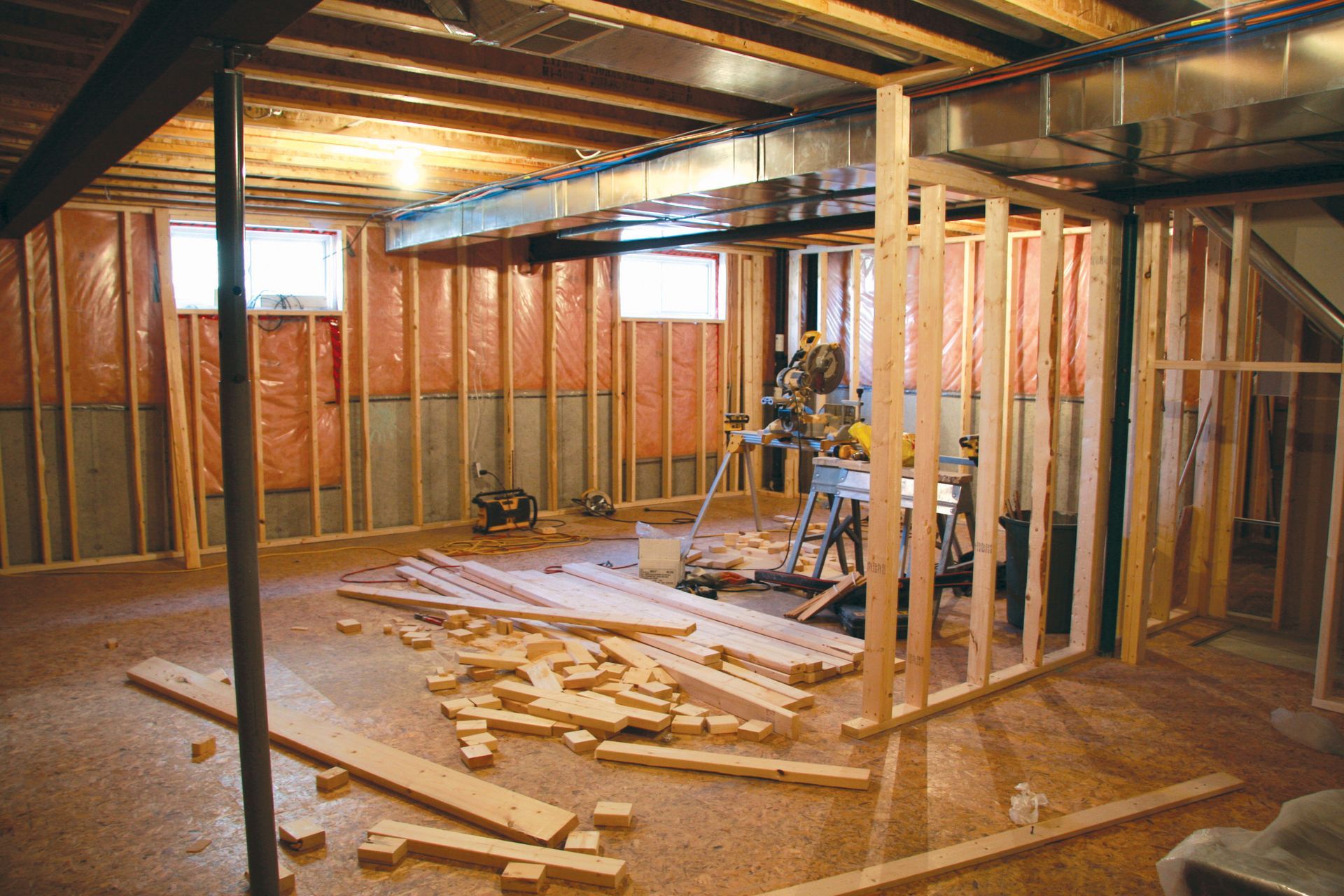
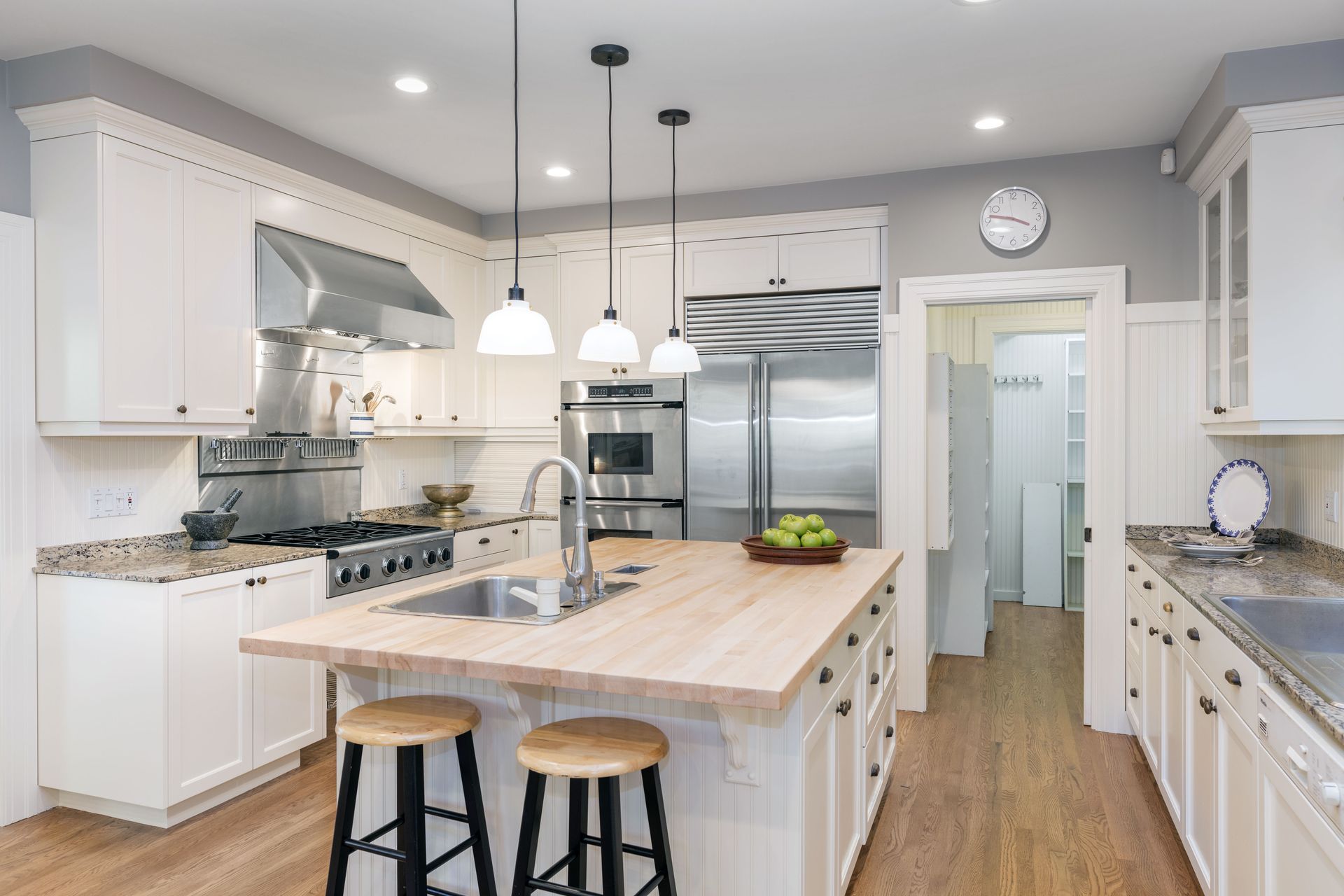
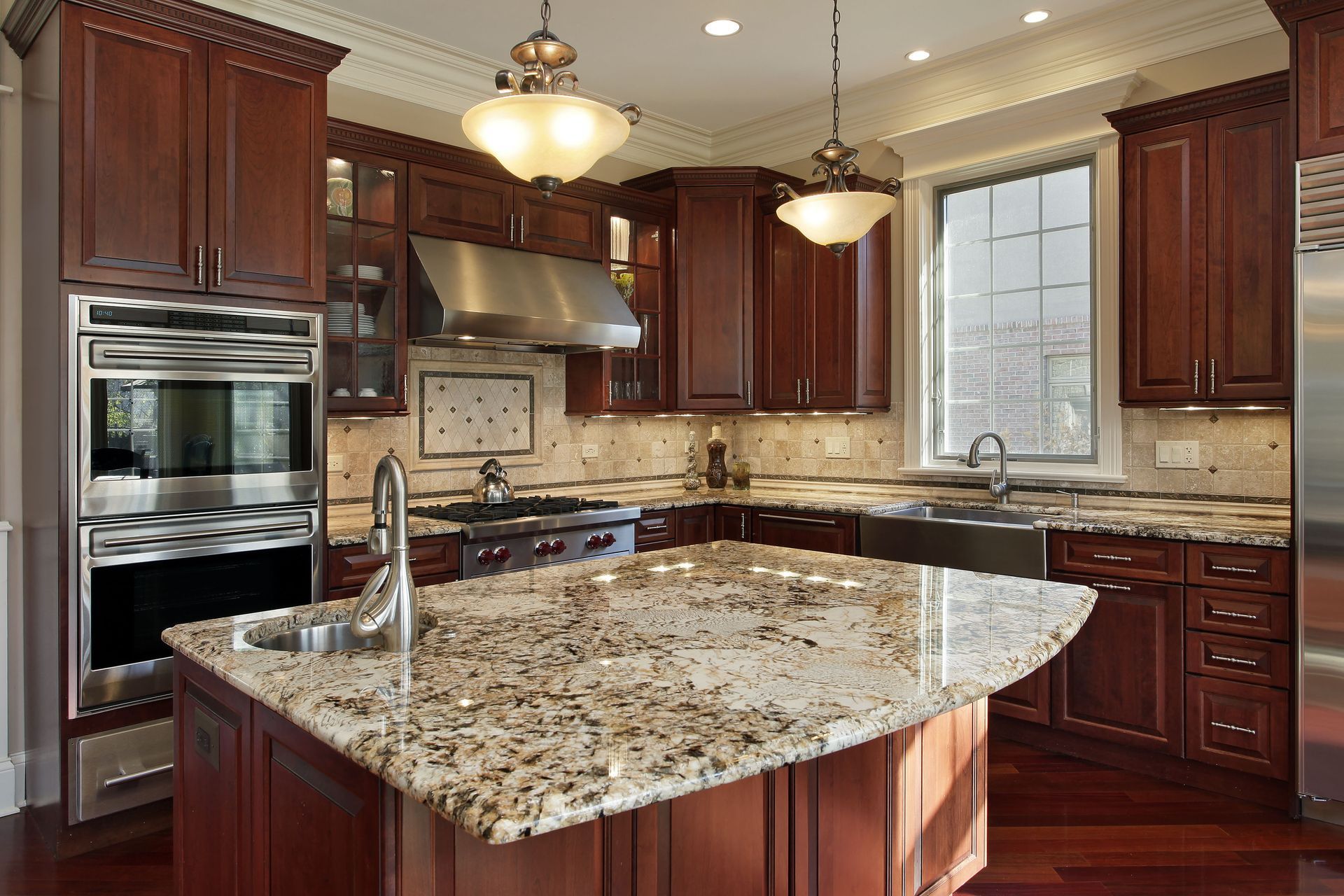
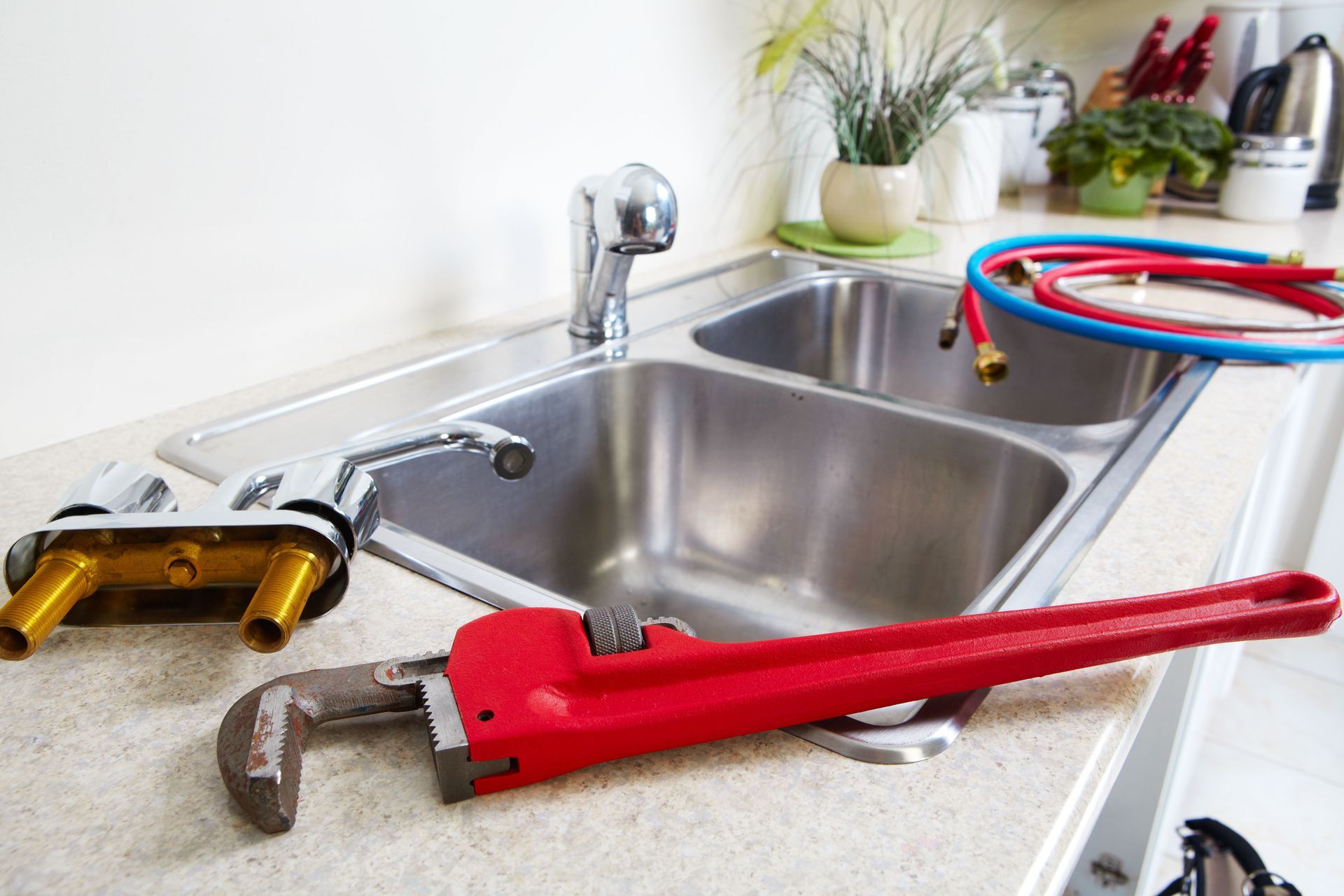
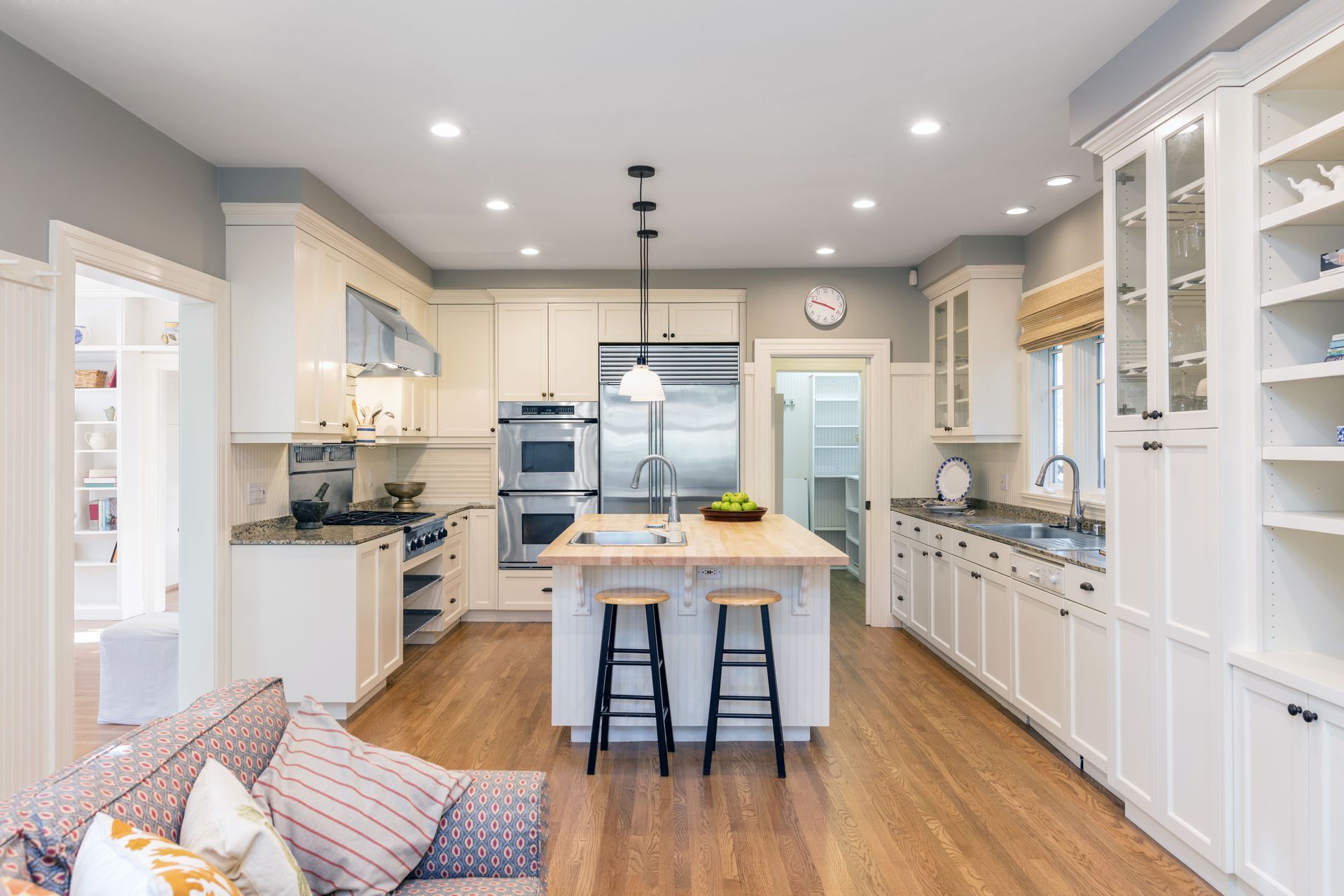





Share On: